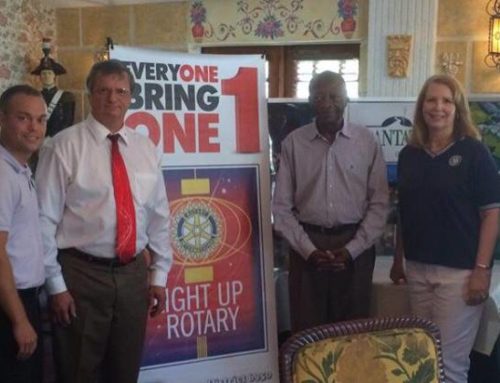The World Health Organization certified on 27 March its 11-country Southeast Asia region has eradicated polio, a long-awaited declaration given that five years ago India represented nearly half of all polio cases worldwide. The region’s last wild polio case was reported in West Bengal, India, on 13 January 2011.
“This achievement is an important milestone for the Global Polio Eradication Initiative
The region includes Bangladesh, Bhutan, Democratic People’s Republic of Korea, India, Indonesia, Maldives, Myanmar, Nepal, Sri Lanka, Thailand, and Timor-Leste. Its more than 1.8 billion people represent over 25 percent of the world’s population.
Southeast Asia joins WHO’s Region of the Americas (1994), Western Pacific Region (2000), and European Region (2002) in eradicating polio, marking another vital step toward a polio-free world by 2018.
Densely crowded cities, migrant populations, and poor sanitation posed daunting challenges to eliminating the disease from Southeast Asia.
India PolioPlus Committee Chair Deepak Kapur called eradicating polio in his country “a monumental task, demanding an extraordinary effort by all levels of government and partners involved. Backed by more than 100,000 Rotarians across the country, we helped to ensure maximum support for everything from National Immunization Days (NIDs) to mop-up immunization rounds.”
Also crucial were “the extensive efforts we made to build goodwill and acceptance of polio immunization in the Muslim community and among religious leaders,” said former Rotary Foundation Trustee Ashok Mahajan. Rotary clubs created additional support by conducting free health camps to meet basic needs such as measles immunization, free checkups, medicines, vitamin A supplements, and eyeglasses.
In Sri Lanka, ceasefires during the country’s civil war were pivotal to carrying out NIDs in the 1990s. As a first step, Rotary leaders and UNICEF established contact with the Liberation Tigers of Tamil Eelam.
“Our war is not with the children,” replied the group’s leader, stating that if Rotary and UNICEF could persuade the government to stop the war for two days, they would be willing to lay down their arms too. Subsequent NIDs became known as Days of Tranquility.
In Bangladesh, Rotary, WHO, and UNICEF boosted public awareness of the need to eradicate polio, motivating parents to have their children vaccinated during NIDs. In Nepal, Rotary, the national government, WHO, and UNICEF worked hand in hand to make the country polio free. Nepal held its first NIDs in 1996 and recorded its last indigenous wild polio case just four years later.
More than 1,500 Rotary members will be celebrating India’s and the region’s achievement at the Polio Free Conclave in New Delhi 29-30 March. The event also focused on strengthening the commitment of the GPEI partners to ending polio globally, including sharing lessons learned in India with other polio-infected countries.
The GPEI’s challenge now is to eradicate polio in the three countries where the disease has never been stopped: Afghanistan, Pakistan, and Nigeria. And recent outbreaks in the Middle East and Horn of Africa are stark reminders that polio anywhere is a threat everywhere.
“It is India’s responsibility now to share our lessons and best practices with our colleagues in the countries still fighting polio in order to protect their children, and ours as well,” said former Rotary International President Rajendra Saboo. “We already are doing this, assisting in any way we can… India’s victory over polio and the certification of Southeast Asia occur at just the right moment to provide a resounding rallying cry for the final push needed to wipe polio from the face of the earth.”
Rotary News

